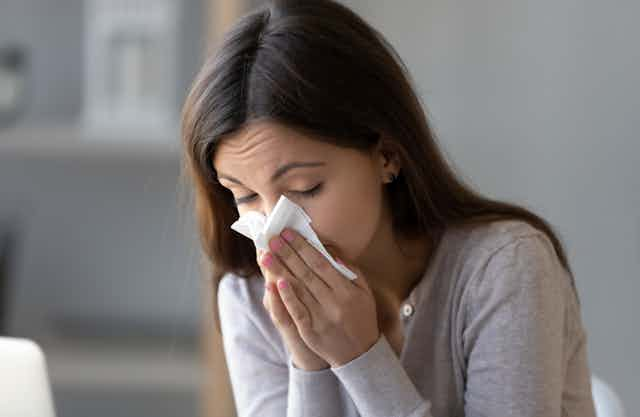Living with a Rose Allergy: Thorns Among the Beauty
Although roses are associated with beauty and love, rose allergies can cause a great deal of misery. Up to 19% of people suffer from prevalent rose allergies. The good news is that you can still appreciate the beauty of these aromatic blooms while managing your allergy.
What are the symptoms of a rose allergy?
Symptoms of a rose allergy can vary from person to person, but some of the most common include:
- Sneezing
- Runny or itchy nose
- Stuffy nose
- Itchy, watery eyes
- Coughing
- Wheezing
- Skin irritation, such as hives or redness
In severe cases, a rose allergy can even trigger anaphylaxis, a life-threatening allergic reaction.
what trigger allergy to rose?
The response of the immune system to certain proteins present in rose pollen is the cause of rose allergies. When these proteins are inhaled or come into contact with the skin, the immune system reacts by releasing histamine and other chemicals, which causes allergy symptoms.
How can my allergy to roses be managed?
You can take several steps to control your allergy to roses:
Avoidance: The best defense against allergy symptoms is avoidance. Try to avoid roses if you know you'll be around them. This could entail staying away from rose-scented perfumes and cosmetics, as well as flower stores and gardens.
Medication: Antihistamines and decongestants sold over-the-counter can help reduce allergy symptoms. Your doctor may recommend drugs to reduce inflammation, such as corticosteroids.
Immunotherapy: Over time, allergy injections can help your immune system become less sensitive to rose pollen.
Advice for those who have a rose allergy:
- Close your windows when pollen counts are at their highest.
- After spending time among roses, wash your hair and clothes.
- When you're outside, protect your eyes and hair from pollen by using a hat and sunglasses.
- To get rid of any pollen that might have gotten on you during the day, take a shower and wash your hair before going to bed.
- Consult your physician about the most effective allergy management.
It can be difficult to live with a rose allergy, but it's crucial to realize that you're not by yourself. There are efficient therapies for the many people who suffer from allergies. You may still appreciate roses' beauty without having to deal with the fallout if you put in a little forethought and preparation.
Additional tips:
- It is crucial to always have an epinephrine auto-injector with you, like an EpiPen, if you suffer from a severe allergy to roses.
- Note that rose pollen can react with some other plants, including mugwort, ragweed, and birch. This implies that you might also be allergic to these other plants if you have a rose allergy.
- Sublingual immunotherapy tablets and allergy patches are two examples of the many novel and cutting-edge allergy therapies available today. Consult your physician to see whether any of these therapies would be appropriate for you.
I hope you found this blog post useful. Please feel free to ask questions in the comments section below.




Comments
Post a Comment